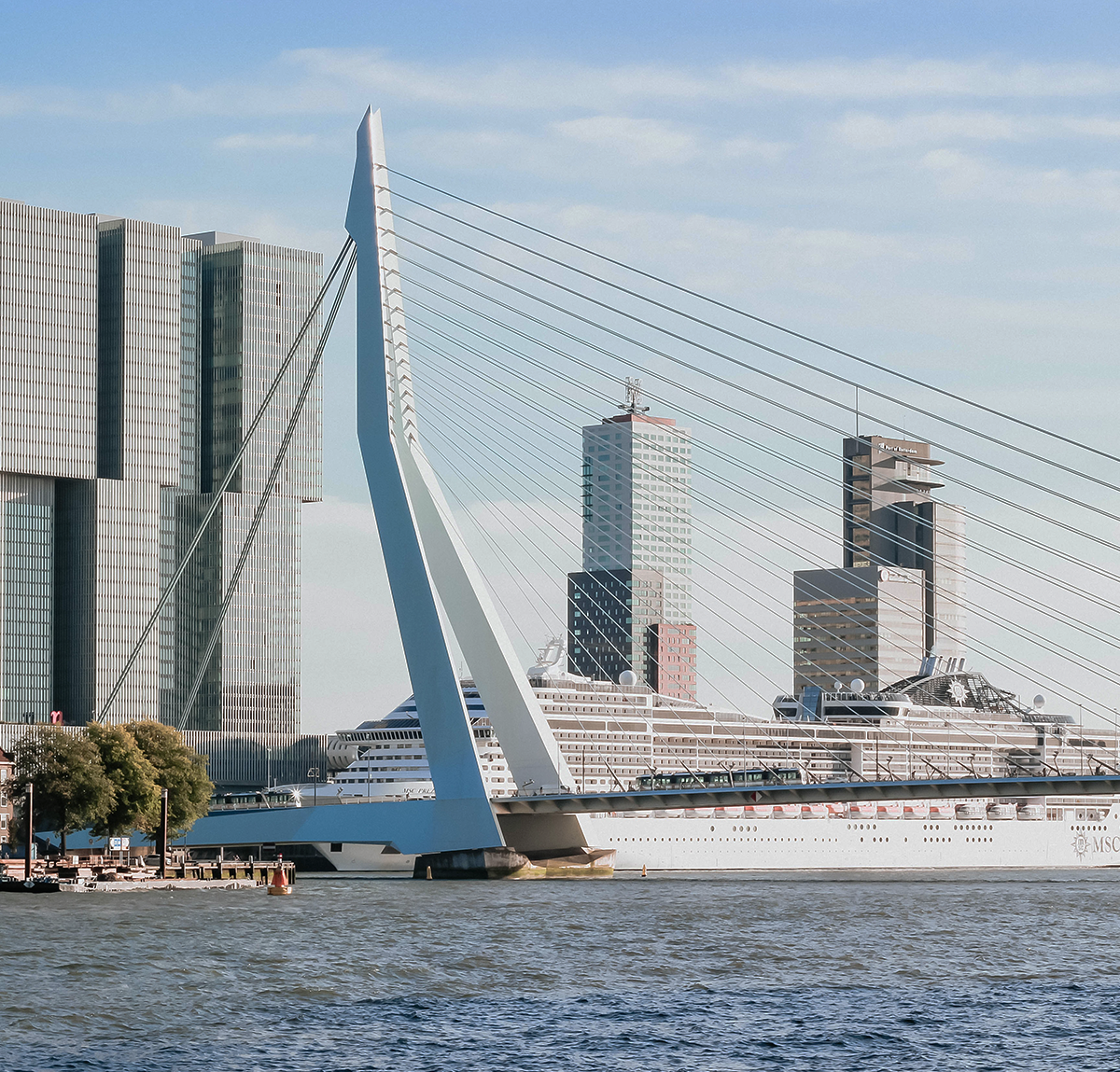The Rotterdam Climate Adaptation Strategy
The Rotterdam Climate Adaptation Strategy
Preparing the city for climate change, with a strategic approach and substantiated measures: this is the aim of the Rotterdam Climate Adaptation Strategy.

The challenge
For one part of the Rotterdam Climate Adaptation Strategy, namely the economic analysis, the city of Rotterdam asked Rebel for support. Rebel conducted the assignment together with Royal Haskoning DHV and Deltares, and developed an assessment tool that was based on a social cost benefit analysis. This was the first time such a tool and methodology was applied to urban climate adaptation.
The assignment involved the development of a tool that could be used to underpin a climate adaptation measure, or a set of them, with an economic analysis. Important requirements were that the tool should be flexible, so that new insights could be embodied, and at the same time be user friendly, so that the city could use the tool independently to compare different adaptation strategies.
The approach
Rebel met this challenge with a coarse-to-fine approach. The first step of the assignment included a rough cost effectiveness study which Rebel used to make a first selection from a set of 200 down to 43 measures for five topics: heat stress, pluvial flooding, drought, fluvial flooding and reachability. In Step 2 Rebel carried out the actual CBA for the chosen 43 measures. Rebel subsequently transferred the economic results to an assessment framework for decision-making.
Finally, Rebel performed a rough stakeholder analysis in which the distribution of costs and benefits among different parties were analyzed. One outcome of this exercise was a better understanding of why some measures are not implemented although they are economically very attractive.
Impact
Developing a tool that could be used to underpin a climate adaptation measure.


